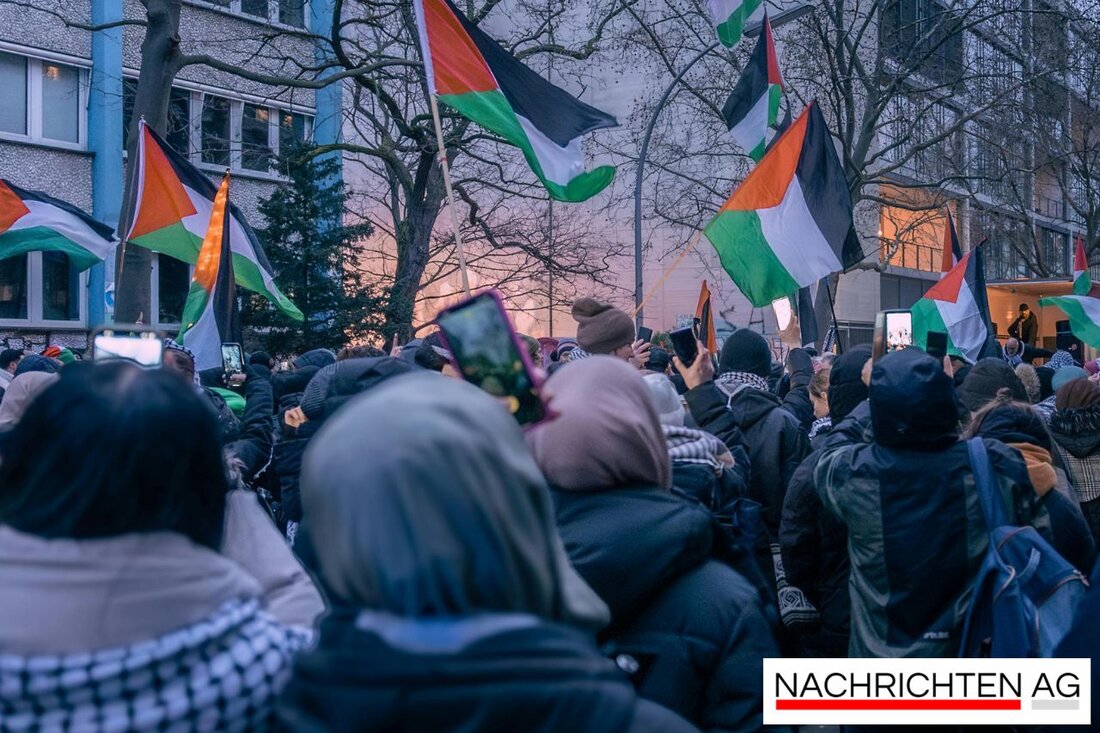Controversial lecture in Jena: Gaza theme inflamed the most violent debate

Controversial lecture in Jena: Gaza theme inflamed the most violent debate
On June 12, 2025, a controversial event for medical care in Gaza took place in the Evangelical Student Community (ESG) in Jena. Organized by three professors from the University of Jena- Michael Börsch, Hendrik Süß and Martin Leiner- the event was originally planned for the university clinic, but was canceled by the clinic and university management due to the neutrality requirement. The organizers failed with their urgent request to the administrative court, so that the discussion was ultimately in church spaces. This decision should create a place for "listening, understanding and learning", but the awarding of this room was not without controversy.
The speaker, Dr. Qassem Massri, a German-Palestinian doctor and senior physician in Berlin, provided an extremely critical analysis of the situation in Gaza and spoke of a "genocident destruction" of the health system. Under the title "Systematic destruction of the healthcare system in Gaza?" Massri questioned the widespread view that the war started on October 7 with the terror of Hamas. Instead, he claimed that the suffering in the region started with the founding of Israel. In addition, he relativized or denied reports on rocket shots from hospitals and the abuse of civil infrastructure by Hamas.
criticism and resistance
The positions of massi met with violent criticism. The Jewish Student Union Germany (JSUD) and the Jewish Allianz Central Germany (JAM) expressed in a statement that the event "Anti -Semitic agitation had offered a stage". They accused the organizers that no objections to anti -Semitic statements were made. Reinhard Schramm, the chairman of the Jewish state community Thuringia, reminded in a letter to the Evangelical Bishop that the Hamas attack did not result in political slogans on October 7, but from a devastating mass murder. This perspective raises awareness of how important a differentiated and respectful discussion about this conflict is.
Massri's assessment of Hamas and its connection to the “Zionist ideology” was approved by some listeners, which reflects the depth of the split opinions in society. The critical voices followed numerous Asian and European reports on the Middle East conflict, which are often linked to anti-Semitic stereotypes. In the Arab media, the conflict is often presented as an ideological examination between Muslims and Jews, whereby Islamist narratives often outline.
anti -Semitism in the discussion
In many Arab countries, anti -Semitism is not only widespread, but almost part of the state rush. Michael Kiefer, Islamic scholar from Osnabrück, has been pointing out for years that immigrant Muslims in particular often only brought anti -Jewish interpretations from their home countries. He sees the need for a more comprehensive treatment of the Middle East conflict in German schools to reduce prejudices and promote critical thinking.
The influence of the media and entertainment industry in Arab countries contributes to the spread of these views. Medial reporting on the Gaza conflict in particular is often colored by anti-Zionist and anti-Semitic narratives. Even prominent media such as Al Jazeera are not resisted when it comes to spreading anti -Semitic content. This reporting means that Palestinian perspectives are increasing, while Israeli perspectives are often denounced as "occupying power".
This complex mixture shows how urgently a differentiated and respectful debate about the Middle East conflict is urgently necessary. At a time when the political and social tensions increase and the spread of anti -Semitism takes care of worrying, we as a society must have the courage, tackle difficult topics and ensure that a respectful dialogue is conducted.
| Details | |
|---|---|
| Ort | Jena, Deutschland |
| Quellen | |
